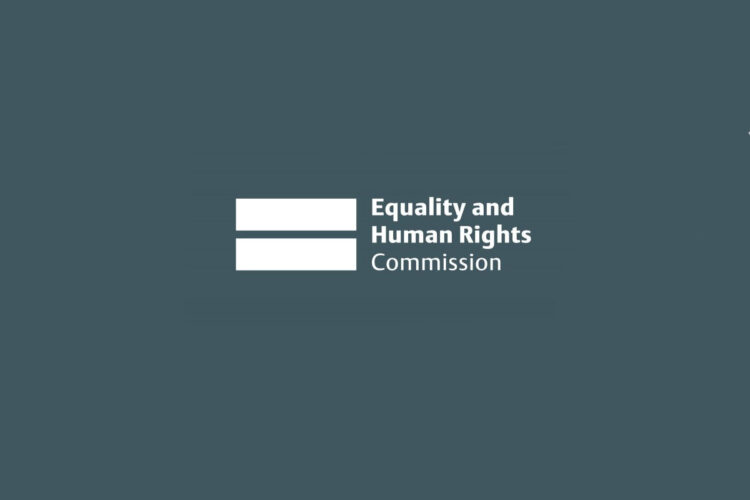By Ben Kerrigan-
The UK’s equality watchdog is launching an inquiry into disproportionate effects of Covid-19 on ethnic minorities. “long-standing, structural race inequality”over inequalities in Covid-19 deaths
The Equality and Human Rights Commission said its investigation will include employment issues and structural issues that had affected access to services during the height of the pandemic.
A spokesperson for the EHRC told The Eye Of Media.Com: ”Covid-19 has disproportionately affected ethnic minorities and some of the reasons have been associated with structural issues and access to services. We will be looking into why so many ethnic minorities are in front line jobs and how this can be addressed.
We haven’t narrowed down all our focus, but we will be addressing all the issues that are within our remit”.
One of the reasons for so many deaths among ethnic minorities has been put down to lack of adequate vitamin D in their system , but the Equality and Human Rights Commission says wide ranging inquiries need to be conducted to establish why the number of deaths from BAME groups has been disproportionately high.
Review
The announcement was made as the Government Equalities Office announced it would be reviewing the government’s response to inequalities in Covid-19 infection and death rates, including the impact of age, sex, occupation, obesity, comorbidities, geography, and ethnicity.
Black and minority ethnic people were found to have been two to three times more likely to die from Covid-19, according to a University College Of London (UCL) study.
A government-commissioned Public Health England (PHE) investigation also found that people of Bangladeshi background in England were twice as likely as white Britons to die if they contracted Covid-19, and other BAME groups faced an increased risk of up to 50%.
Now the EHRC plans to identify all the causes of the wide disparities in death rates arising from Covid-19, ans well as make recommendations to address them.
Public Health England said it had so far been unable to make any recommendations in its report on BAME people and coronavirus because some of the data needed to do so was not available.
Kemi Badenoch, the minister for women and equalities, told the Commons on Tuesday that she wanted any action the government takes to be driven by evidence, and it was not “easy to go directly from analysis to making recommendations”.
A government-commissioned investigation found that people of Bangladeshi background in England are twice as likely as white Britons to die if they contract Covid-19, and other BAME groups face an increased risk of up to 50%.
Public bodies are expected to consider the needs of protected groups before policies are implemented and the EHRC has asked government for evidence of this, and is now considering using legal powers to force the government to act.”




